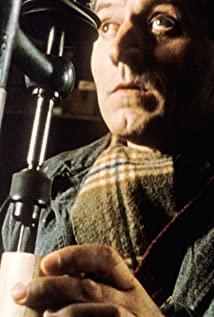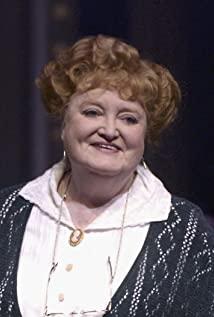Tess has the common cowardice of women, and she treats the rich and young who force her. Even though she knows very well that this is not the man she is willing to promise, she lacks the courage to resist decisively in action.
When she finally met the person she was in love with, this past was a taboo for her lovers. In fact, this is also a normal human feeling. Whether lovers should confess the past or not has been unclear from ancient times to the present. It is not fair that the woman is abandoned because of her confession, but it is not fair to deny his character and his sincerity in dealing with this relationship just because the man shows a mindful attitude. In short, it's not impossible to confess, but if you don't want to lose the person in front of you, you must not say anything. The technique of avoiding the important is still necessary. If the party is too sincere, it will weaken the sincerity. From the point of view, your sincerity seems to be a provocation - is it fair to me that you are forcing me to say "it's okay" to this thing that would make anyone uncomfortable in order to test me? So, to a certain extent, she screwed up this relationship. She was hasty and willful, and one-sidedly emphasized that the other party should love her.
After Claire left, the disappointed Tess turned to the rich and young against her will. After all, this is a man who is still willing to accept her, and she is "confident" to join her. She knows who she loves and who she doesn't love. But she was hesitant to choose to continue following her love recklessly, especially after her confession was met with disgust by her lover. Liu Feng, a well-known expert on psychological portraits, once summed up this way. He said that all excessive behaviors are the accumulation of a series of unfavorable factors. This point of view perfectly sums up Tess's murder logic: from the loss of life in confusion, to pregnancy, to the death of the youngest son, to the shattering of the new relationship, in addition to the fact that after becoming a rich and young lover, he will not give in because of his love. All kinds of distress caused by disagreement, all kinds of factors are inherited together, and the seeds of excesses are planted.
Killing, no doubt requires courage. The courage to attack someone stronger than oneself, the courage to seriously break the law. This is not the normal courage that normal people can have. Tess was using her "excessive courage" at this time to forcibly restore her "lack of courage" at that time. She wanted to erase a series of bad consequences caused by that incident, or, in other words, she wanted to erase the burden on her. the person who happened. Then... kill him.
Objectively, this is undoubtedly absurd logic. What this work describes is precisely the absurd life of a confused woman. She thinks everything too simply, or she doesn't think things through in a realistic way at all. She never thought of hurting people, and she didn't even know how to deal with being hurt. As serious as murder, for her, it was just "getting back to the beginning".
But the author does not use an ironic and critical attitude to tell her tragedy. I understand that he wants to tell us that all of us live like this - we are far less rational than we advertised, in fact, most of the time people live in Lost and insane, thinking that one out is a mental state, failing to carefully verify whether his actions are too different from the universal norms. If we use driving as a metaphor for life, we may throw away the steering wheel quite a lot of the time, allowing the car to coast in a driverless state, but we don’t even realize it, thinking that we have been driving carefully all the time.
View more about Tess reviews











